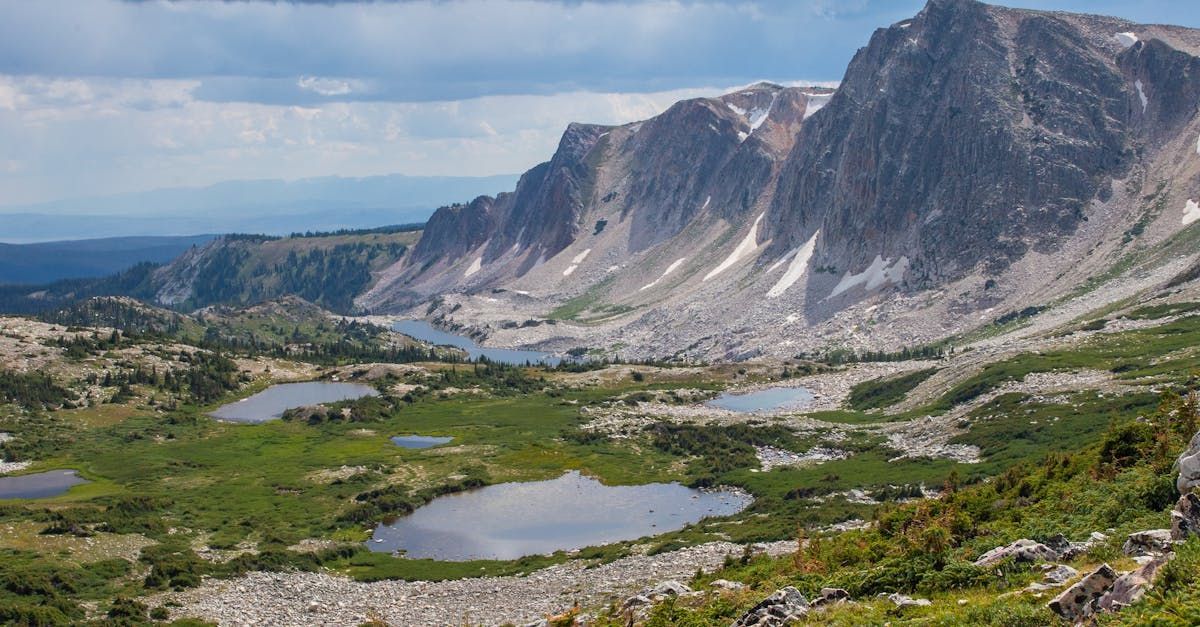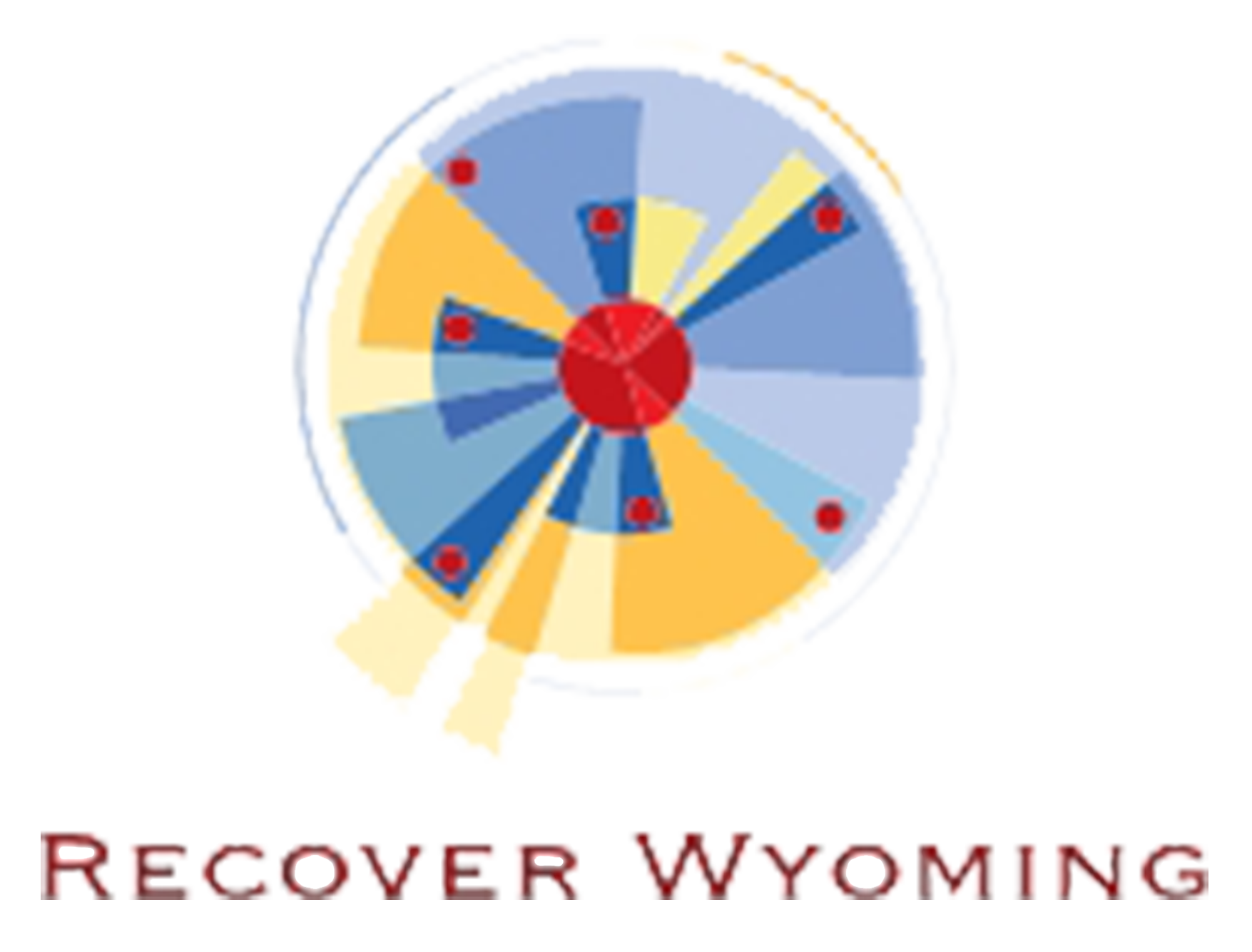about us
What is the Recovery Community Center?
It is a safe, welcoming, sober space which allows people from all recovery backgrounds to come together to engage in recovery support services, socialize, access information and resources, and volunteer. The Recovery Community Center has a meeting space, living room and lounge area, games (such as foosball and table tennis), and staff offices.
Who are we and who do we serve?
The people who make up the staff, board and volunteers of Recover Wyoming include individuals in long-term recovery and family members/allies of people affected by substance use disorder.
We serve recoverees (people seeking long-term recovery) and the broader community - family members, employers - basically anyone whose life has been impacted by substance use disorder.
What is the goal of Recover Wyoming?
As recoverees get their lives in order, find jobs and housing, and reconnect with family and friends in healthy ways, they go on to function as productive community members, sometimes for the first time in their lives.
Recovery doesn't happen in a vacuum. Family members, children, friends, and employers of recoverees are all a part of the recovery process. They have their own needs for information and services which Recover Wyoming strives to meet.
Recover Wyoming supports recovering persons to:
- Reclaim a productive, healthy place in their families and communities
- Renew their faith in themselves
- Rediscover their strengths and abilities
- Rebuild their dreams
- Re-invent their lives in long-term recovery

What are the values which Recover Wyoming promotes?
Many times, when people leave treatment centers, hospital detox, halfway houses or jail, they are left to navigate on their own. By the time they get to us, they are frustrated and discouraged. We talk with them. We walk alongside them.
The foundational principles on which we base our involvement with recoverees are:
Long-term recovery is possible -- it's very real
There are many pathways to recovery
You are in recovery if you say you are
Focus is on the potential for recovery, not the obstacles to it
Recover Wyoming also promotes in the broader community an understanding of addiction and the knowledge that long-term recovery is an achievable outcome.
Is Recover Wyoming the only organization of its kind?
No! Recover Wyoming is an RCO -- a Recovery Community Organization -- one of over 175 local and state RCO's in the nation. It is the first organization of its kind in Wyoming. RCOs are independent, non-profit entities which work to bridge the gap between treatment and long-term recovery. Recover Wyoming is closely connected to the national RCO network, allowing us to learn from the experience of others and gain access to tools and techniques proven effective in sustaining long-term recovery.
Misson Statement
Recover Wyoming strives to increase the occurrence and quality of long-term recovery from substance use disorder across Wyoming communities through education, advocacy, training, and peer recovery support services.
